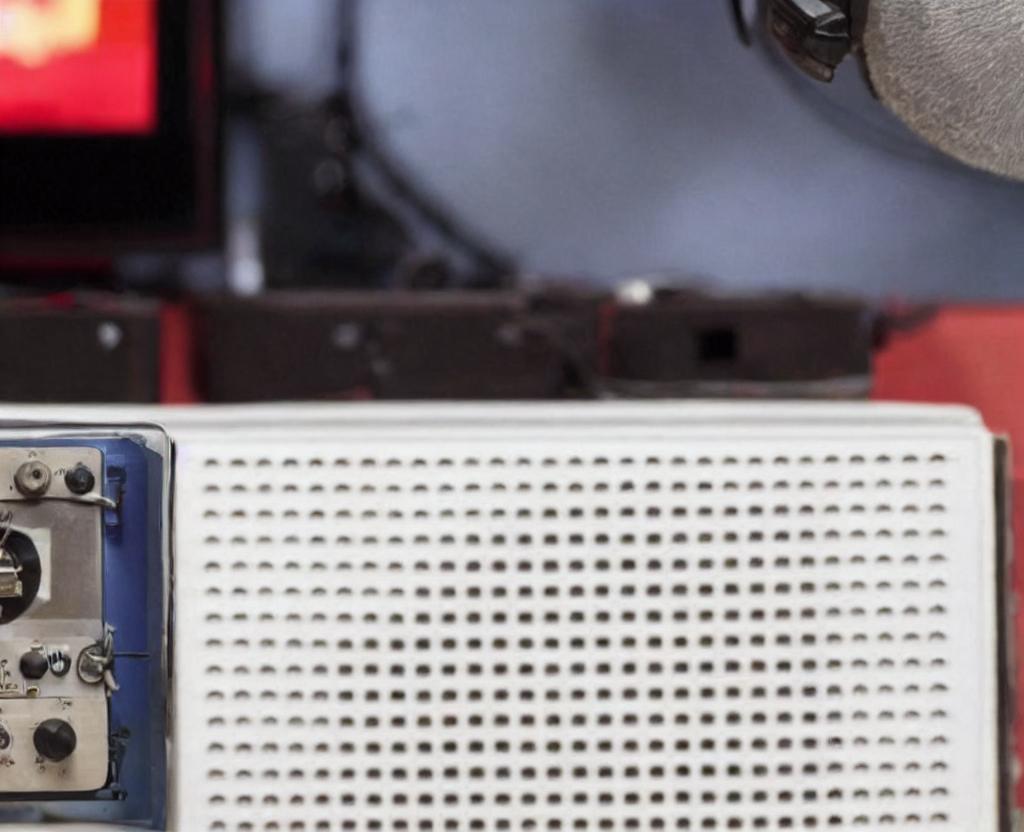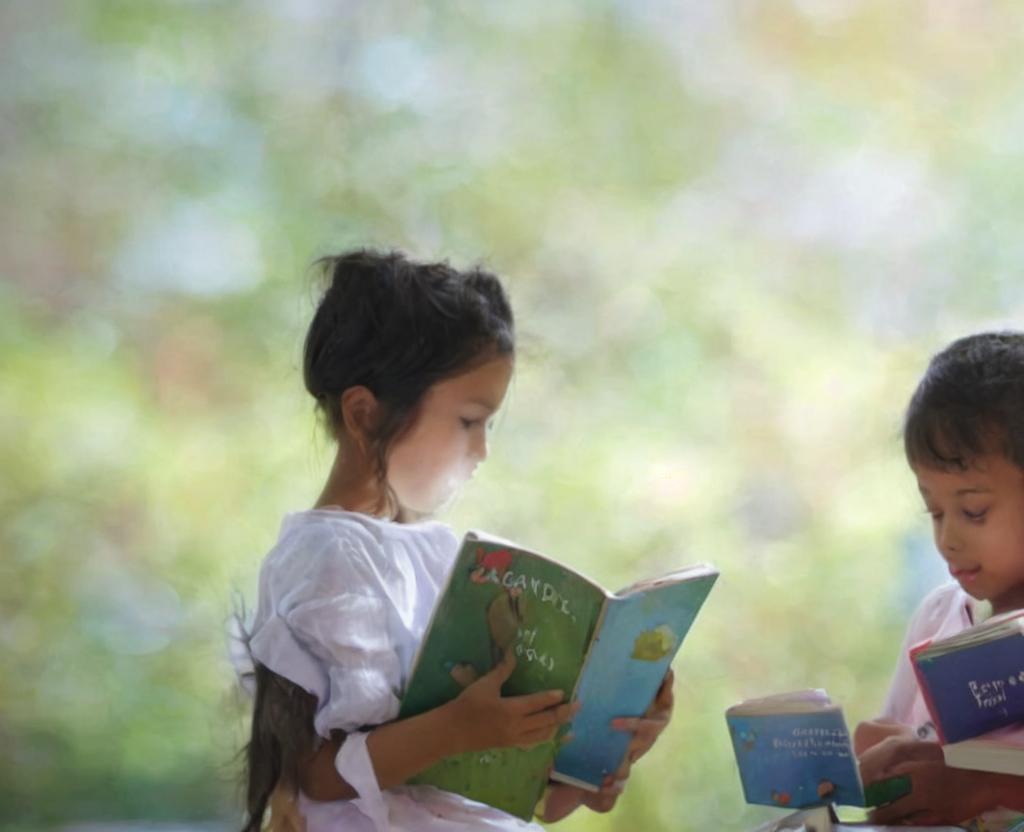
World Radio Day
Every year on February 13th, World Radio Day honors radio as the world's biggest mass media. Radio also helps foster diversity and create a more inclusive world. The day also acknowledges the importance of radio to promote plurality and create a more inclusive world.
Marconi vs tesla
There has been a lot of controversy over who the radio's programmer really is over the years. Guglielmo Marconi and Nikolai Tesla are two men at the center of the discussion. d, Marconi is known for his wireless telegraphy experiments and his 1896 patent for wireless telegraphy. Marconi Wireless Telegraph Ltd was established by He also sent the first signals across the Atlantic Ocean, and Marconi Wireless Telegraph Ltd was also established. Tesla first demonstrated a wireless radio in 1893 and obtained his patent in the United States in 1900.
After repeated attempts to the US Patent Office, Marconi finally succeed in obtaining a patent in the United States in 1904, which is part of the reason for so much confusion. However, the United States Supreme Court overturned Marconi's patent in 1943 in favour of Tesla. Tesla never lived to hear the decision, but it did not live to hear the verdict. He died just a few months before.
Both radio signals and broadcasting are used in television signals and broadcasting
Before 1920, radio signals were used to contact ships at sea. However, civilians began purchasing radios for their homes after WWI. Radios in the United States were used by over 100 million people by the 1920s by the end of the century. A radio will cost about $150 at this point. In the year 2020, this is equivalent to $1,927. Today, a mere $20 will buy a radio.
The first radio stations in England, including Pittsburgh and the British Broadcasting Company (BBC) in England, were the first radio stations in the United Kingdom. On November 2, 1920, the first radio broadcast in the United States took place. Warren Harding defeated James Cox in the presidential election, according to Broadcasters. Radios provided a form of entertainment in addition to the news. 82 out of 102 out of 100 Americans listened to the radio regularly in 1947.
Listeners tuned in to their favorite soap opera, a quiz show, and a sporting event along with music and news. The radio has continued to entertain and inform listeners from around the world over the years. Around 44,000 radio stations are currently operating around the world. Nearly 75% of households in developing countries listen to the radio. The radio is listened to by nearly 75% of households.
How to celebrate #worldradioday.com
Today, more people than ever listen to music or get their news via the internet. Tune in to celebrate if it's been a while since you've tuned to the radio. Other ways to participate include:: The following are examples of other ways to participate:
- Listen to songs about the radio including Rush's "Spirit of the Radio," "Turn Up the Radio" by Autograph, Donna Summer's "On the Radio" by Blake Shelton, and "Country on the Radio" by Blake Shelton
- Investigate the radio's past and discover how it has influenced our culture
- Imagine what your life would be like without the radio
- Describe your memories of listening to the radio as a child
However you celebrate, please invite someone to join you. #WorldRadioDay is a hashtag that promotes your love for the radio on social media with #WorldRadioDay.
History of the world radio day has a rich history
The Spanish Radio Academy in Spain requested that the UNESCO executive board include a proclamation of World Radio Day in their agenda in September 2010. The proclamation received support from the Arab States Broadcasting Union (ASBU), the European Broadcasting Union (EBU), and other broadcasting unions around the world in 2011. UNESCO declared February 13th as World Radio Day in its 36th session.
s officially accepted by the United Nations General Assembly on January 14, 2013. The United Nations Radio, which was established on February 13th in 1946, is significant because, on this date in 1946, the UN established United Nations Radio. United Nations Radio is now known as UN News.
New themes have been included: The following are examples from the latest themes:
- Radio and Diversity in 2020: Radio and Diversity, Radio and Diversity
- 2019: Dialogue, Tolerance, and Peace Dialogue, Tolerance, and Peace
- Radio and Sports in 2018: Radio and Sports in 2018
- 2017: Radio is You
- s of Emergency and Disaster, 2016: Radio in Times of Emergency and Disaster, Radio in Times of Emergency and Disaster, Inc






